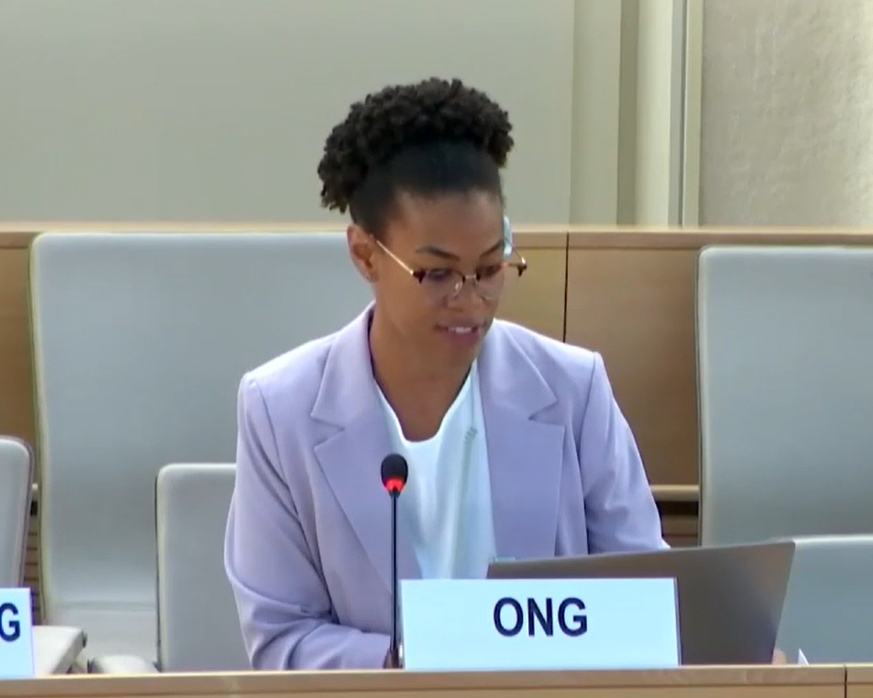HRC53: A unified call for the translation of international solidarity into concrete action during the Panel on the Rohingya crisis in Myanmar

By Luísa Barbosa / GICJ
Panelists on the Rohingya crisis in Myanmar called for the translation of international solidarity into concrete action. On the 21st of June 2023, the HRC held a Panel discussion on the measures necessary to find durable solutions to the Rohingya crisis and to end all forms of human rights violations and abuses against Rohingya Muslims and other minorities in Myanmar.
The floor was firstly given to the Deputy High Commissioner for Human Rights, who provided a comprehensive overview of the Rohingya crisis and the violations of human rights observed in Myanmar. Then, the HRC heard four panelists, namely Ms. Yasmin Ullah, Ms. Chris Lewa, Mr. Kyaw Win, and Mr. Mohshin Habib, who asserted the urgent need to address the root causes of the crisis. They strongly argued that the eventual repatriation of the Rohingya population to their homeland must happen in a sustainable, safe, and, most importantly, voluntary manner. In the meantime, the international community was called on to take concrete action to improve the conditions of Rohingya refugees in host countries
The floor was then given to delegations and civil society. They expressed their concern over the ongoing crisis and urged authorities in Myanmar to cooperate with human rights mechanisms and to abide by the International Court of Justice’s demands.
Aimara Pujadas, from 𝐆𝐞𝐧𝐞𝐯𝐚 𝐈𝐧𝐭𝐞𝐫𝐧𝐚𝐭𝐢𝐨𝐧𝐚𝐥 𝐂𝐞𝐧𝐭𝐫𝐞 𝐟𝐨𝐫 𝐉𝐮𝐬𝐭𝐢𝐜𝐞 (𝐆𝐈𝐂𝐉) delivered a joint Oral Statement with Association Ma'onah for Human Rights and Immigration and called for immediate international action and a robust humanitarian response to this crisis. We encouraged the establishment of an independent and impartial international investigation toward accountability for mass atrocities.
In the joint statement, the two organisations expressed their concern over the aggravation of the Rohingya crisis. They call on the international community to double its efforts to improve the conditions of Rohingya refugees in host countries and campsites. GICJ and Ma’onah join the calls for the repatriation of the Rohingya population to Myanmar in a voluntary manner and only after the root causes of the crisis have been addressed, such as establishing equal citizenship laws, permitting freedom of movement across different regions and programmes to adequately address their social and economic needs.
HR53, Myanmar, Rohingyas, RohingyaCrisis, HhumanRightsCouncil, Geneva4justice, GenevaInternationalCentreforJustice, GICJ




